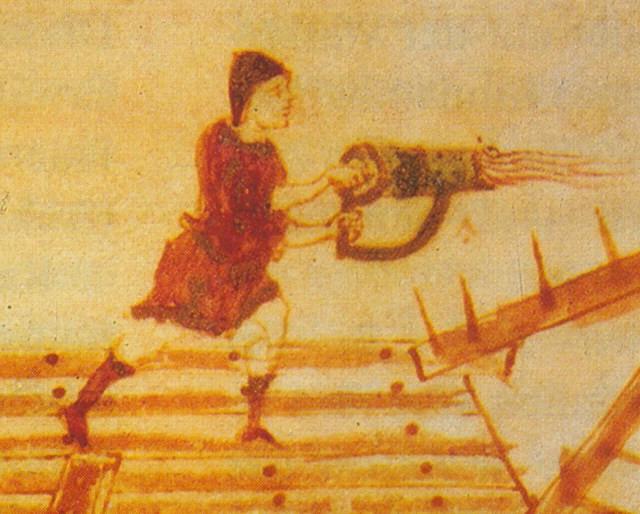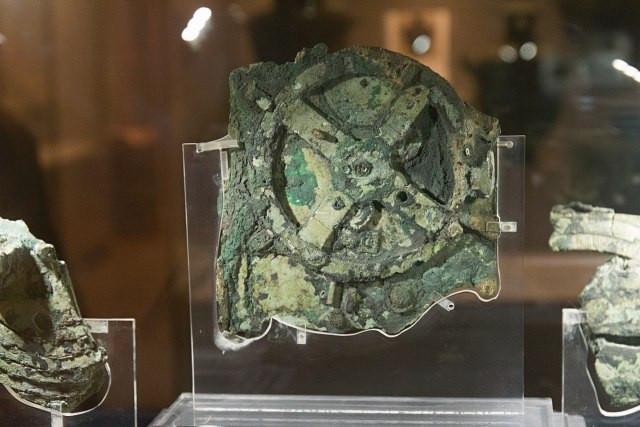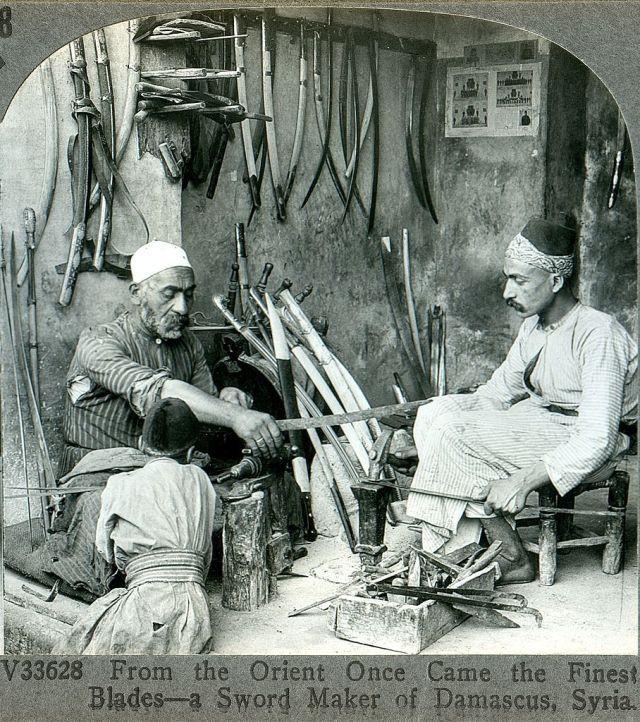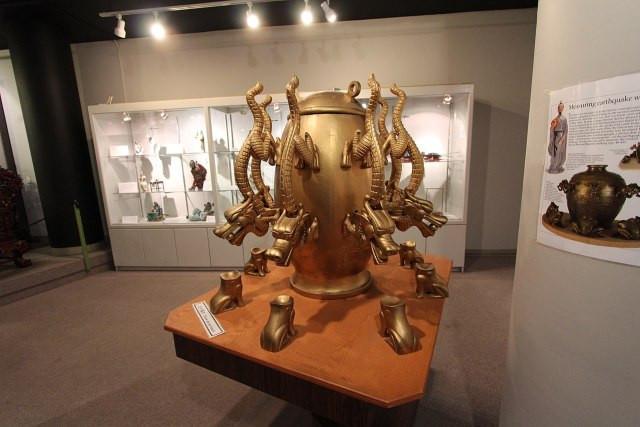Explore the World's Best Ideas
Join today and uncover 100+ curated journeys from 50+ topics. Unlock access to our mobile app with extensive features.
Back To The Future
Archaeologists repeatedly stumble upon artifacts that seem way too advanced for the times from which they originate. The ancient Greeks, for instance, developed a clock capable of calculating and tracking planetary motions and solar eclipses among other things. These forward-thinking inventions are often called "ahead of their time." In reality, they are reflections of the ingenuity of their respective civilizations.
18
190 reads
Ahead Of Their Time
Archaeological excavations throughout the world reveal that, once in a while, ancient civilizations developed inventions that were decades if not centuries ahead of their time.
It is sometimes said that these inventions rival or outmatch modern science. This, too, is a misconception. While many ancient super technologies — from Roman concrete to Damascus steel — were once lost, they have since been recreated by present-day researchers.
18
145 reads
Greek Fire: Flames that Don’t Go Out
When the Muslim fleet of the Umayyad Caliphate attempted to lay siege to the Byzantine city of Constantinople in 674, their ships were doused in flames. At first, the Muslims were not alarmed; fire was often used in naval warfare and could be put out easily with cloth, dirt, or water. This, however, was no ordinary fire. Once ignited, it could not be extinguished, and after the entire fleet had burned down, even the sea itself was set ablaze.
18
150 reads
Antikythera Mechanism: A Cosmic Clock Before Copernicus
The Antikythera mechanism, which was found to be over 2,200 years old, had functioned as an ancient computer.
CT scans reveal the contraptions mind boggling complexity, combining cycles from Babylonian astronomy, mathematics from Plato’s Academy, and ancient Greek astronomical theories. It could calculate the ecliptic longitudes of the moon and sun, the phases of the moon, the synodic phases of the planets, the excluded days of the Metonic Calendar, and the Olympiad cycle, among a myriad of other things.
19
132 reads
Damascus Steel: Swords that Will Not Dull
Damascus steel swords originated in the Middle East during the 9th century and were renowned for their appearance as well as their durability, being multiple times stronger and sharper than the Western swords used during the Crusades.
Their name, derived from the Arabic word for “water,” references not only the Syrian city from which they hailed but also the flowing pattern that adorns their surface. This pattern was created during a unique forging process where small ingots of wootz steel sourced from India, Sri Lanka, or Iran were melted with charcoal and cooled at an incredibly slow rate.
18
115 reads
The Houfeng Didong Yi: The World’s First Seismoscope
Created almost 2000 years ago, the Houfeng Didong Yi holds the honor of being the world’s first seismoscope. Its place of origin was China, a country that has been plagued by earthquakes for as long as its inhabitants can remember. Its creator was Zhang Heng, a distinguished astronomer, cartographer, mathematician, poet, painter, and inventor who lived under the Han Dynasty from 78 to 139 AD.
17
93 reads
Roman Concrete: Cement that Does Not Crack
Many architectural projects of ancient Rome would not have been possible without Roman concrete. Also known as opus caementicium, Roman concrete was a hydraulic-setting cement mix consisting of volcanic ash and lime that bound rock fragments into “a single stone mass” and made them impregnable to the waves and every day stronger.
19
107 reads
Baghdad Battery: A Rudimentary Taser (for Pain Relief)
Archaeologists use the term “Baghdad battery” to refer to a ceramic pot, copper tube, and iron rod that were found in Iraq near what was once the capital of both the Parthian and subsequent Sasanian Empire. They believe the three distinct objects once fitted together to create a single device. The purpose of this device, which seems to have been capable of generating electricity, remains unclear.
17
95 reads
IDEAS CURATED BY
CURATOR'S NOTE
These astounding inventions show that civilizations of the past were a lot more advanced than we might have thought.
“
Patricia Mendoza's ideas are part of this journey:
Learn more about history with this collection
The importance of networking in podcasting
How to grow your podcast audience
How to monetize your podcast
Related collections
Similar ideas
6 ideas
8 ideas
7 Ancient Ideas That Will Improve Your Modern Life
businessinsider.com
6 ideas
How we deciphered Ancient Egyptian hieroglyphs
sciencefocus.com
Read & Learn
20x Faster
without
deepstash
with
deepstash
with
deepstash
Personalized microlearning
—
100+ Learning Journeys
—
Access to 200,000+ ideas
—
Access to the mobile app
—
Unlimited idea saving
—
—
Unlimited history
—
—
Unlimited listening to ideas
—
—
Downloading & offline access
—
—
Supercharge your mind with one idea per day
Enter your email and spend 1 minute every day to learn something new.
I agree to receive email updates








